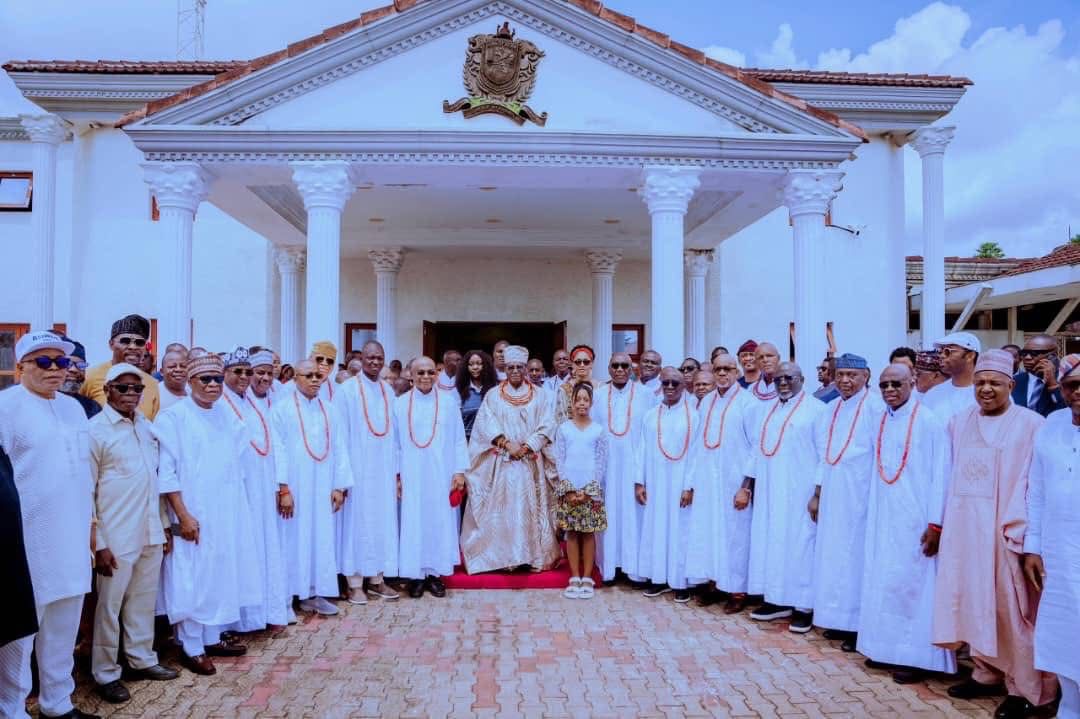Modern Day Slavery is not a new term amongst Africans and Nigerians in particular who were colonized by imperialist’s government and thereby received their freedom from bondage.
As slaves in the colonial era the people were held in bondage, their lives, liberty, freedom and property were under absolute control of someone else.
Though that was in the past, but however, today, we are faced with other forms of slavery that has taken the form of human trafficking which has become a problem and a dent on the image of Nigeria.
Apart from human trafficking there are other incidence of high rate of organ harvesting, such as the sales of kidney and pancreas and other body parts which are being sold as well as sexual and begging exploitation of the vulnerable in the society.
According to the NAPTIP Commandant for Edo state, Nduka Nwanwenne, the Benin command was established because of the rising cases of human trafficking in this part of the country.
There have been movement of persons from one point to another for exploitation purposes by some persons, especially across the 13,000 square kilometer Sahara desert where many persons have risked their lives in search of a better life in Europe and other parts of the western world.
The NAPTIP commandant who was addressing Journalists at a Journalism training on modern day slavery organized by the O-Center for Journalism Development(OCJD) in Benin city disclosed that 70 convictions have been made since 2004 in Edo state and 360 convictions at the national level so far.
Amongst the several causes of human trafficking has been identified as ignorance, poverty, globalization and family pressures that make the survivals take risks to migrate outside the nation.
Since on the 9th of March 2018 when His Royal Majesty, Oba Ewuare 11 invited the juju priests and placed curses on those aiding and abetting human trafficking there has been sanity.
In the words of Nduka, “the initiative by Oba Ewuare 11 has been very impactful. I was in Italy recently and a lady told me that her madam has freed her. The outing was very significant and it has reduced the incidence of human trafficking. We now observe that they go to neighbouring states.”
Apart from affecting the development of the society with the cream of able bodied persons leaving the country, there are health issues such as HIV and other sexually transmitted diseases associated with the issues of irregular migration.
In her welcome address, Adeshola Komolafe said in 2017, OCJD conducted a media mapping study of how Journalists in Edo State report issues around modern day slavery (MDS).
“In the course of the study two key issues emerged; many of the Journalists have not been exposed to training for several years and many do not understand MDS as a thematic area. Against this background OCJD decided to train Journalists on several subjects under the theme, ‘Understanding and Reporting Modern Day Slavery in Nigeria.’
In her presentation on Story Telling with Data, Komolafe who enlightened the journalists on the power of data (Infographics) noted that styles of story telling are changing.
“The other trainers for the two days event were, Gordon Adam of iMedia UK; Chief of Communication for UNICEF, Eliana Drakopoulous, Fidelis Ekom, Market Development Programme in the Niger Delta, MADE and Genius Hub.
For the two days, the Journalists were trained on Solutions Oriented Journalism, words Matter: The terminologies, Art of story telling with data, Understanding the alternatives to irregular migration, case study of a local NGO, Code of conduct for ethical Journalism on Migration, content for curriculum/Next steps and Ethical reporting of child rights.
The idea behind the training was to acquaint the Journalists and dialogue with them on how the issues should be reported for maximum impact and feedback in the print, broadcast and social media.
Gordon Adam, who has worked for over 25 years building development projects in Africa and ten years in Nigeria looking at conflict mitigation observed that Journalists have failed in their reportage of the irregular migration by allowing the survivals to drive the narratives.
It was also agreed during the dialogue sessions with the journalists that though there are constraints due to the local conditions, journalists should be able to come up with ideas that are workable in the country and conduct interviews with irregular migrants who find life difficult in Europe.
However, funding and the willingness of government to work with the media and other issues were raised but the bottomline was that the report either on the newspaper, radio, TV or social media must be informative, entertaining, relatable and should inspire action.
The UNICEF Chief of Communication, disclosed that media reporting on children and young people should never put them at risk, noting that UNICEF has developed principles and guidelines to help journalists report on children’s issues in a way that enables them to serve the public interest without compromising the rights of children.
While explaining further on the six principles and guidelines for media reporting and interviewing children she advised the journalists to confirm the accuracy of what the child has to say, either with other children or an adult preferably both and when in doubt whether a child is at risk, report on the general situation for children rather than on an individual child, no matter how newsworthy the story.
_____________________________________________________________________________________________________________________
Eubaldus Enahoro is Deputy Editor with the Nigerian Observer
08034742291


